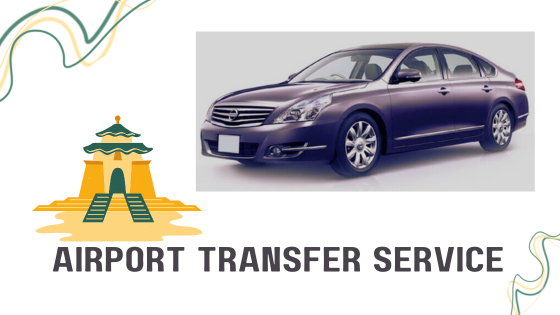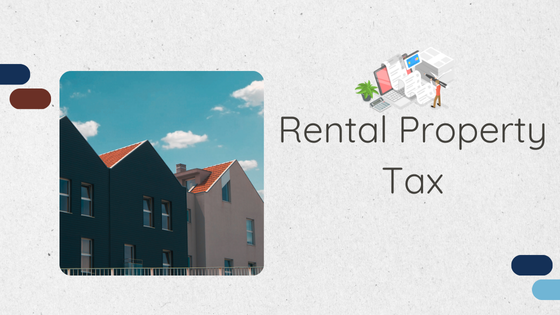In today’s competitive marketplace, apparel is more than just clothing—it is a powerful tool for identity, branding, and professionalism. From school uniforms to corporate attire and promotional wear, garments play a central role in shaping how organizations present themselves to the world. Sabuy Garment, a growing apparel manufacturer in Thailand, understands this dynamic and has built its reputation on delivering reliable, high-quality solutions tailored to the needs of businesses. By combining craftsmanship, customer-focused service, and scalable production, the company empowers clients to strengthen their brand presence through apparel.
Customer-First Philosophy
Sabuy Garment’s success begins with its customer-first philosophy. The company recognizes that each client has unique requirements, whether it is a school seeking durable uniforms, a corporation needing branded apparel, or an event organizer looking for promotional clothing. Rather than offering one-size-fits-all solutions, Sabuy Garment works closely with clients to understand their vision and translate it into tangible products. This collaborative approach ensures that garments are not only functional but also aligned with the client’s brand identity. By prioritizing customer needs, the company fosters long-term relationships built on trust and satisfaction.
Reliability and Consistency
Reliability is a cornerstone of Sabuy Garment’s operations. In industries where deadlines and quality standards are non-negotiable, the company provides transparent timelines, consistent quality control, and responsive communication. Clients can depend on Sabuy Garment to deliver orders on schedule without compromising craftsmanship. This reliability reduces the uncertainty often associated with apparel manufacturing and gives businesses the confidence to plan campaigns, events, or product launches with assurance. Consistency in production also means that repeat orders maintain the same level of quality, reinforcing brand identity across multiple batches.

Competitive Pricing and Value
Another factor that sets Sabuy Garment apart is its ability to balance affordability with excellence. The company’s competitive pricing structure allows businesses to maximize value without sacrificing quality. This is particularly important for small and medium enterprises that operate with limited budgets but still require professional-grade apparel. By offering cost-effective solutions, Sabuy Garment enables these businesses to scale their operations and expand their reach. The combination of affordability and durability ensures that clients receive garments that deliver long-term value, making Sabuy Garment a practical choice for organizations of all sizes.
Strategic Empowerment Through Apparel
Sabuy Garment views apparel not just as a product but as a strategic tool for empowerment. Uniforms foster unity and professionalism within organizations, promotional clothing enhances visibility during campaigns, and branded apparel strengthens customer recognition. By delivering garments that serve these purposes effectively, Sabuy Garment helps businesses achieve their broader goals. The company’s role extends beyond manufacturing—it becomes a partner in shaping how clients present themselves to employees, customers, and the public. This strategic perspective underscores the importance of apparel in modern business and highlights Sabuy Garment’s contribution to organizational success.
Conclusion
Sabuy Garment has established itself as a reliable and customer-focused apparel manufacturer in Thailand’s competitive garment sector. Through its commitment to collaboration, consistency, affordability, and strategic empowerment, the company provides businesses with more than just clothing—it delivers solutions that enhance identity and professionalism. As organizations continue to recognize the importance of apparel in branding and communication, Sabuy Garment’s role as a trusted partner will only grow stronger. By combining quality craftsmanship with customer-centric service, the company empowers businesses to present themselves confidently in the marketplace, proving that apparel can be both practical and transformative.









